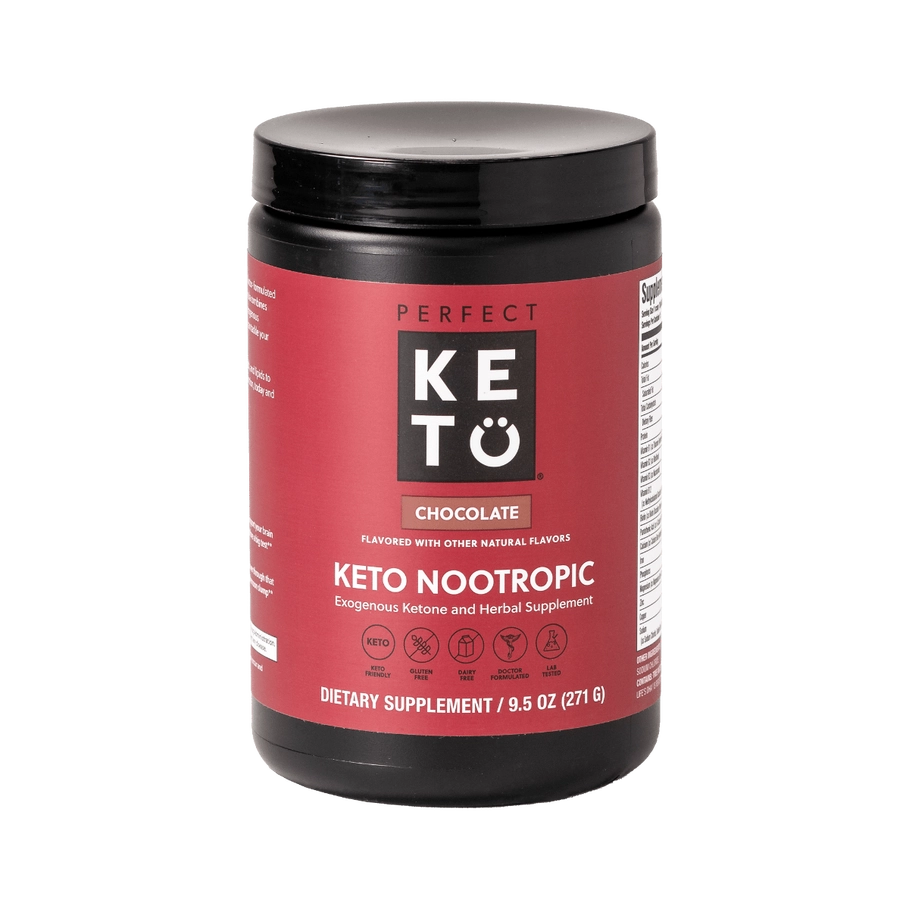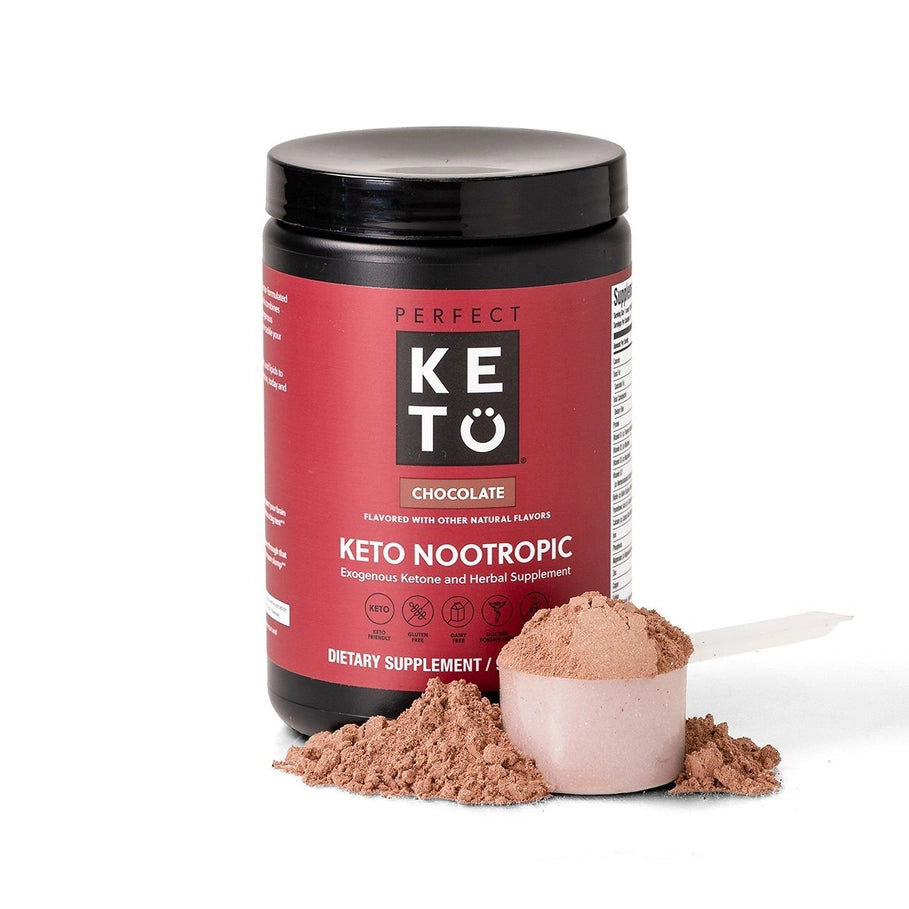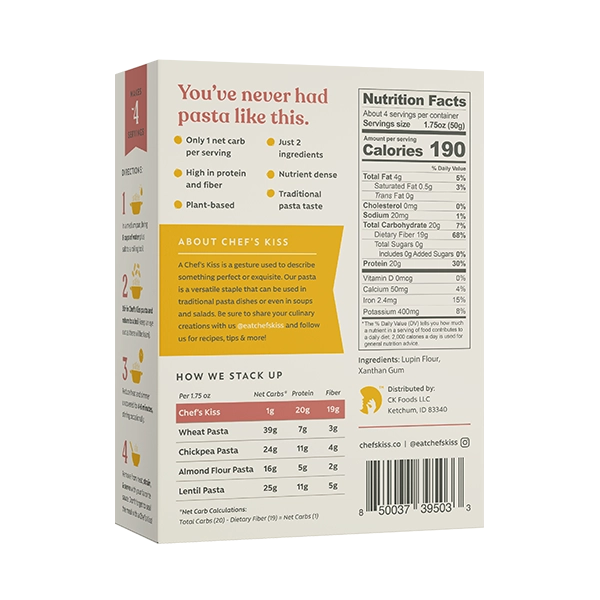
Best Keto-Friendly Fruits: What to Eat and What to Avoid
Low-Carb Fruits and Berries: What Are the Best and The Worst Options
The ketogenic (keto) diet has gained immense popularity as an effective approach for weight management and overall health improvement. By drastically reducing carbohydrate intake and increasing fat consumption, this dietary regimen induces a metabolic state called ketosis, where the body burns fat as its primary fuel source.
However, one question that often arises for those embracing the keto lifestyle is whether they can indulge in the sweet and tangy delights of fruit. While fruit is undoubtedly a nutritious and natural food source, its sugar content can pose a challenge for individuals adhering to the strict carbohydrate limitations of the keto diet. Nonetheless, with careful selection and moderation, certain fruits can be incorporated into a well-balanced keto meal plan, providing a burst of flavor and essential nutrients.
Understanding the Keto Diet's Carbohydrate Restrictions
Before delving into the specifics of fruit consumption on the keto diet, it's crucial to grasp the fundamental principles of this dietary approach. The keto diet typically recommends that individuals derive their daily caloric intake from the following macronutrient ratios:
- 55-60% from healthy fats
- 30-35% from high-quality proteins
- 5-10% from carbohydrates
This carbohydrate restriction is essential for inducing and maintaining ketosis, a metabolic state where the body burns fat for energy instead of relying on glucose derived from carbohydrates. While the exact carbohydrate limit may vary from person to person, most keto dieters aim to consume no more than 20-50 grams of net carbohydrates per day.
Calculating Net Carbs: The Key to Keto-Friendly Fruit Selection
When evaluating the suitability of fruits for the keto diet, it's essential to consider their net carbohydrate content. Net carbs are calculated by subtracting the grams of fiber from the total grams of carbohydrates in a given food item. This is because fiber, being indigestible, does not contribute to the body's carbohydrate load or impact ketosis.
By focusing on net carbs rather than total carbohydrates, keto dieters can make informed choices about which fruits to include in their meal plans without jeopardizing their state of ketosis.
Low-Carb Fruit Options for the Keto Diet
While many fruits are naturally high in carbohydrates, there are several low-carb options that can be enjoyed in moderation on the keto diet. Here are some of the best choices:
1. Avocados
Avocados, although often mistaken for vegetables, are technically classified as fruits. Packed with healthy monounsaturated fats and fiber, avocados are an excellent keto-friendly choice. A medium-sized avocado (150g) contains approximately 12g of carbohydrates, but only 2.8g of net carbs after accounting for its high fiber content.
2. Tomatoes
While commonly used in savory dishes, tomatoes are botanically classified as fruits. With their low net carb content, ranging from 2-4g per 100g serving, tomatoes can be a flavorful addition to keto-friendly meals and salads.
3. Lemons and Limes
Citrus fruits like lemons and limes are keto-friendly due to their negligible net carb content. A small lemon contains approximately 5g of carbohydrates but only 1g of net carbs, making it an excellent choice for adding a zesty kick to keto-friendly beverages and dishes.
4. Berries
Among the most keto-friendly fruits are berries, particularly raspberries, blackberries, and strawberries. These tiny, nutrient-dense gems are low in net carbs, with a 100g serving of raspberries containing only 5g of net carbs, blackberries 4g, and strawberries 6g. Their vibrant colors and tangy flavors make them a delightful addition to keto-friendly desserts, smoothies, and yogurt bowls.
5. Plums
Plums are another low-carb fruit option for those following a keto diet. A medium-sized plum (65g) contains approximately 7g of net carbs, making it a reasonable choice for occasional indulgence.
6. Kiwifruit
While slightly higher in net carbs compared to other keto-friendly fruits, kiwifruit can be enjoyed in moderation on the keto diet. A single kiwifruit (75g) contains around 8g of net carbs, so it's best to limit consumption to one or two servings per day.
7. Blueberries
Blueberries, with their rich antioxidant content and distinctive flavor, can also be incorporated into a keto diet in moderation. A half-cup serving (75g) of blueberries contains approximately 9g of net carbs, making them a suitable occasional treat.
Fruits to Limit or Avoid on the Keto Diet
While the fruits mentioned above can be enjoyed in moderation on the keto diet, there are several high-carb fruits that should be limited or avoided altogether to maintain ketosis. These include:
- Bananas (24g net carbs per medium banana)
- Grapes (16g net carbs per 100g)
- Apples (21g net carbs per medium apple)
- Oranges (17g net carbs per medium orange)
- Pineapples (21g net carbs per cup)
- Mangoes (22g net carbs per cup)
It's important to note that while these fruits are rich in essential vitamins and minerals, their high carbohydrate content can quickly derail ketosis if consumed in excess.
Incorporating Keto-Friendly Fruits into Your Diet
Once you've identified the low-carb fruits that fit within your keto macronutrient goals, it's time to get creative with their incorporation into your meal plan. Here are some delicious and nutritious ways to enjoy keto-friendly fruits:
- Top your morning yogurt or chia pudding with a handful of fresh berries or sliced avocado.
- Add diced tomatoes and avocado to your keto-friendly salads or omelets for a burst of flavor and healthy fats.
- Blend frozen berries with unsweetened almond milk and a scoop of protein powder for a delicious and nutritious keto smoothie.
- Roast or grill sliced plums or kiwifruit for a caramelized and flavorful side dish or dessert topping.
- Infuse your water with sliced lemons or limes for a refreshing and hydrating beverage.
- Create a keto-friendly fruit salad by combining a variety of low-carb fruits, such as berries, avocado, and plums.
Remember, moderation is key when incorporating fruits into your keto diet. While they can provide a welcome burst of flavor and essential nutrients, it's crucial to track your net carb intake and adjust your portion sizes accordingly to maintain ketosis.
Balancing Fruit Consumption with Other Nutrient-Dense Foods
While fruits can be a valuable addition to a well-rounded keto diet, it's important to remember that they should not be the sole source of nutrients. The keto diet emphasizes the consumption of nutrient-dense foods, such as leafy greens, cruciferous vegetables, high-quality proteins, and healthy fats.
By balancing your fruit intake with other nutrient-dense foods, you can ensure that you're meeting your body's nutritional needs while adhering to the principles of the keto diet.
Consulting with a Healthcare Professional
If you're considering adopting the keto diet, it's always advisable to consult with a qualified healthcare professional, such as a registered dietitian or your primary care physician. They can provide personalized guidance and recommendations based on your individual health status, dietary preferences, and lifestyle factors.
Additionally, if you're managing any medical conditions or taking medications, it's crucial to discuss the potential impact of the keto diet with your healthcare team to ensure your safety and optimal health outcomes.
Embracing the Keto Lifestyle with Mindful Fruit Consumption
The ketogenic diet offers a unique approach to health and wellness, but it doesn't have to be a complete departure from the joy of indulging in nature's sweet and tangy delights. By carefully selecting and moderating your fruit consumption, you can seamlessly incorporate these nutrient-rich morsels into your keto journey, creating a balanced and sustainable lifestyle that nourishes your body and satisfies your taste buds.
Remember, the key to success on the keto diet lies in mindful planning, portion control, and a commitment to embracing a holistic approach to healthy living. With the right guidance and a little creativity, you can unlock the full potential of the keto diet while still savoring the flavors and benefits of low-carb fruits.

















